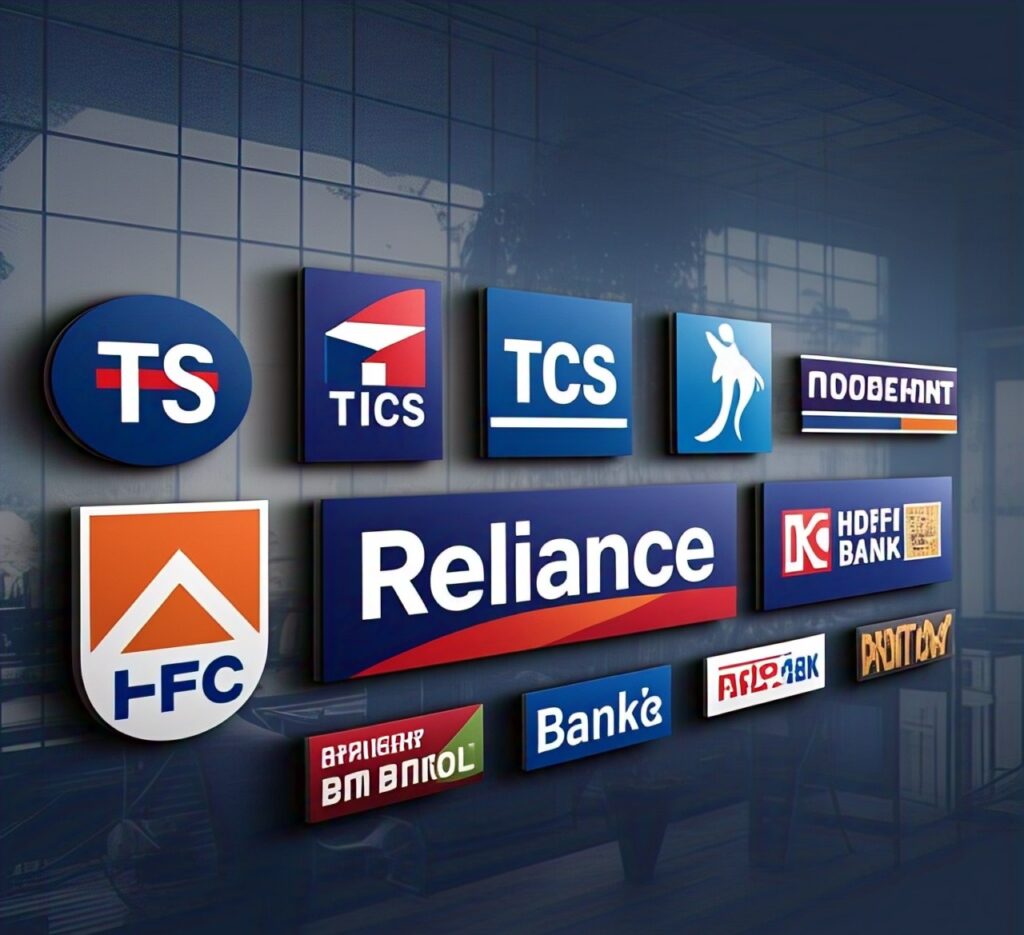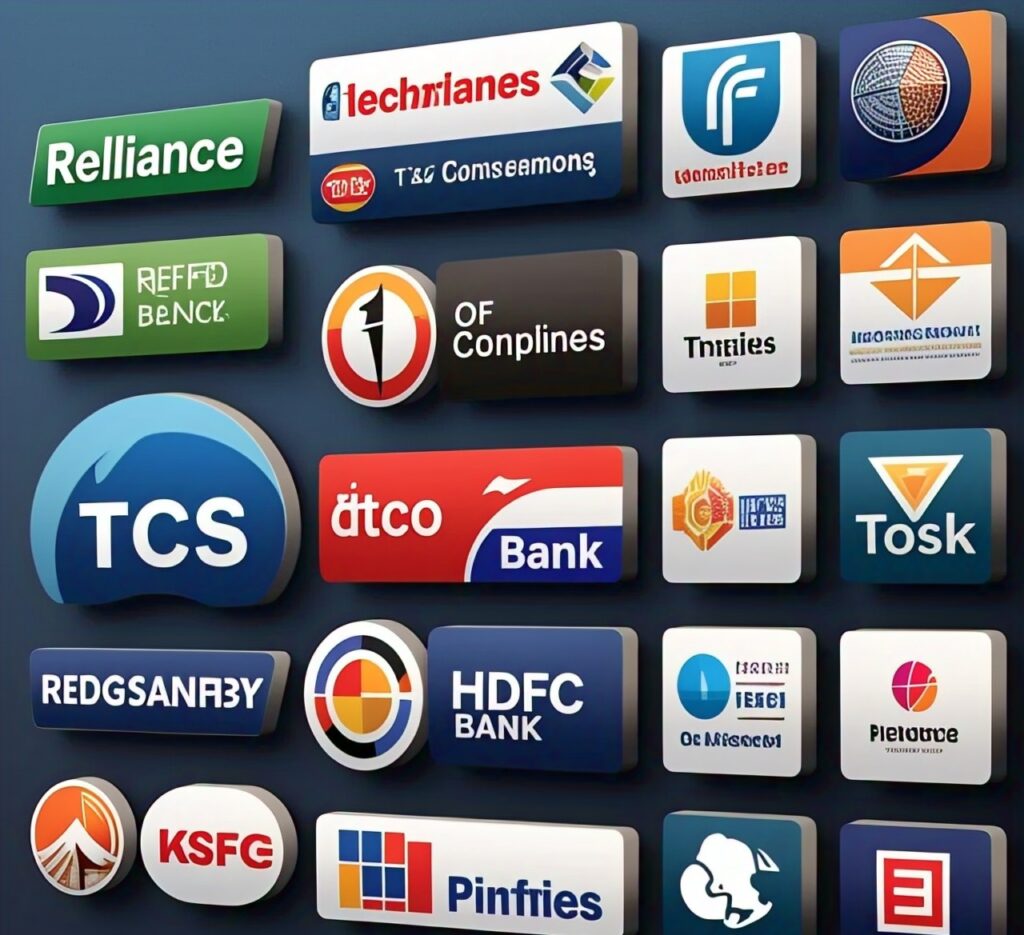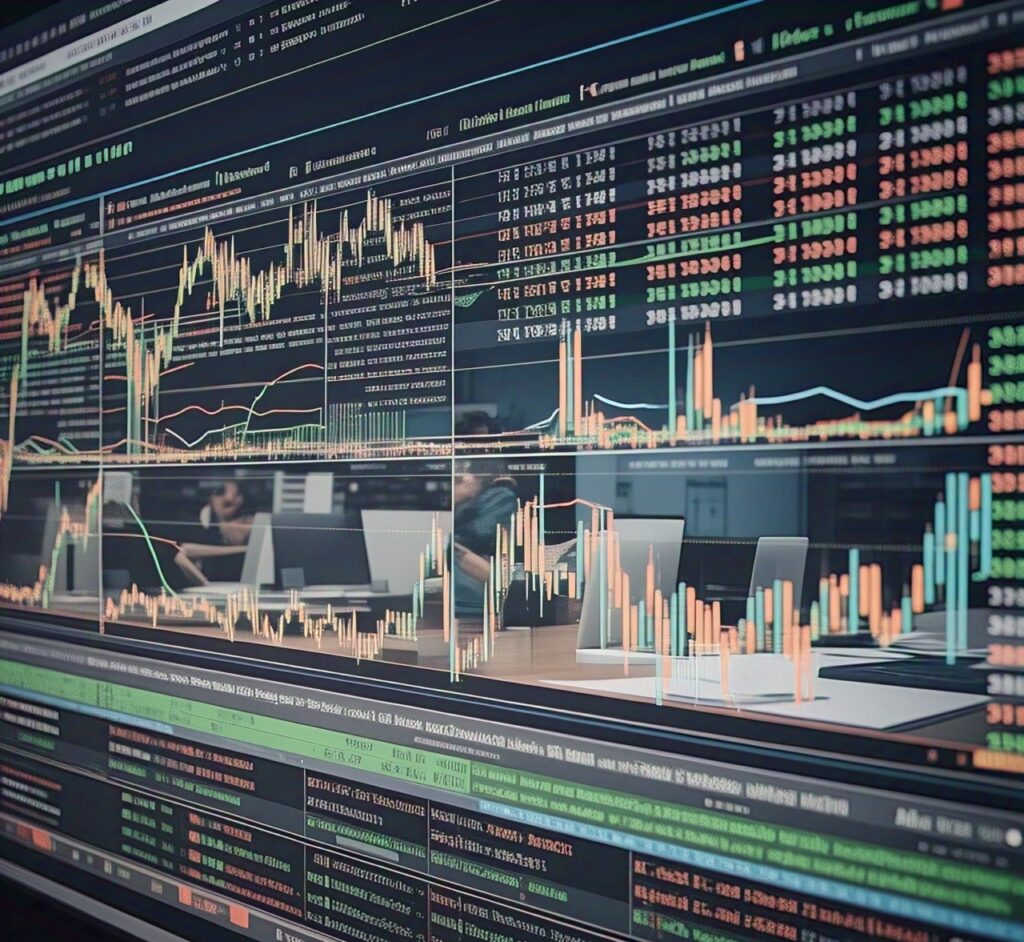What is Nifty 50?
Nifty 50 tracks the top 50 companies listed on the National Stock Exchange (NSE). These companies come from different sectors like banking, IT, energy, and consumer goods. Therefore, it shows how the Indian stock market is performing.

Why is Nifty 50 Important?
Nifty 50 reflects the health of the Indian economy. When it goes up, it means top companies are doing well. On the other hand, when it goes down, it shows challenges in the economy.
Moreover, investors use Nifty 50 as a benchmark. They compare their investments with their performance. If their investment beats the Nifty 50, they see it as a good investment.
How is Nifty 50 Calculated?
Nifty 50 uses the free-float market capitalization method. It considers only the shares available for public trading. Shares held by promoters or the government are not counted.
Additionally, NSE calculates the index by taking the total market value of the 50 companies. It then divides this by a base value. As a result, bigger companies have a greater impact on Nifty 50.
Companies in Nifty 50
Nifty 50 includes top companies from different sectors:
- Banking: HDFC Bank, ICICI Bank, SBI
- IT: TCS, Infosys, Wipro
- Energy: Reliance Industries, ONGC
- Pharma: Sun Pharma, Cipla
- Consumer Goods: Hindustan Unilever, ITC
- Automobiles: Maruti Suzuki, Tata Motors
These companies are leaders in their sectors. In addition, the NSE reviews the list every six months. It makes changes based on performance.

How to Invest in Nifty 50?
You can invest in Nifty 50 through:
- Index Mutual Funds: They invest in the same 50 companies as Nifty 50.
- ETFs: These trade on the stock exchange like shares. They track Nifty 50.
- Derivatives: You can trade futures and options. However, these are risky and need experience.
Why Invest in Nifty 50?
There are several reasons to invest in Nifty 50:
- Diversification: It covers 50 companies from different sectors. This reduces risk.
- Stable Returns: Historically, it has given good long-term returns.
- Low Cost: Index funds and ETFs have lower costs compared to actively managed funds.
- Easy to Trade: You can buy and sell easily on the stock exchange.
Risks of Investing in Nifty 50
Although Nifty 50 is safer than individual stocks, it still involves some risks:
- Market Risk: Global events and economic changes can affect it.
- Sector Risk: If one sector performs poorly, it impacts the index.
- Limited Growth: Large companies grow slowly compared to smaller companies.
Nifty 50 vs. Sensex
Both are key stock indices in India, but they have differences:
- Nifty 50: Tracks 50 companies on NSE. It covers more sectors.
- Sensex: Tracks 30 companies on BSE. It is less diversified.
Although both usually move in the same direction, they may vary slightly.
Popular Nifty 50 ETFs
If you want to invest in Nifty 50, consider these popular ETFs:
- Nippon India ETF Nifty BeES
- ICICI Prudential Nifty ETF
- UTI Nifty ETF
- SBI ETF Nifty 50
- HDFC Nifty 50 ETF
You can buy these through your Demat account.

How to Track Nifty 50?
You can track Nifty 50 using:
- Financial Websites: Moneycontrol, Economic Times, NSE India
- Stock Market Apps: Zerodha Kite, Groww, Upstox
- Business News Channels: CNBC TV18, ET Now
Tips for Investing in Nifty 50
Here are some useful tips:
- Invest Long Term: Nifty 50 performs well over time. Avoid short-term trading.
- Diversify Your Portfolio: Combine Nifty 50 with other assets like gold or bonds.
- Stay Informed: Follow news on the economy and global events.
- Avoid Emotional Decisions: Stock markets fluctuate. Therefore, stay calm and think long-term.
Conclusion
Nifty 50 is a key indicator of the Indian stock market. It tracks 50 top companies across sectors. Thus, it offers stability and diversification.
You can invest through index funds, ETFs, or derivatives. However, it carries risks like market volatility and sector changes. To maximize returns, stay informed and invest for the long term.

Disclaimer
This article is for informational purposes only. It does not constitute financial advice. Investing in the stock market carries risks, including loss of principal. The past performance of Nifty 50 or any ETF does not guarantee future results. Readers are advised to do the research and consult a certified financial advisor before making any investment decisions. The author and publisher are not responsible for any monetary losses or damages arising from the use of this information.
Note: If you want to learn more about Money and Finance. Do Follow my YouTube channel. https://www.youtube.com/@themoneymindset03